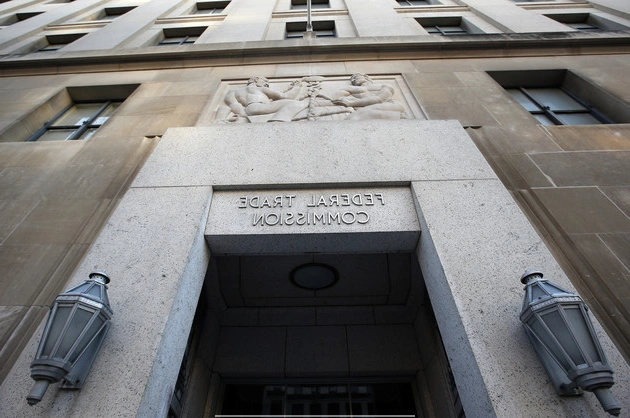
President Donald Trump’s recent purge of the Federal Trade Commission (FTC) could have far-reaching consequences, potentially reshaping the 110-year-old agency and impacting various sectors. By removing commissioners Alvaro Bedoya and Rebecca Kelly Slaughter, Trump has disrupted longstanding norms at a crucial consumer protection and competition regulatory body.
The Impact on Business and Regulation
Over the years, the FTC, operating on a bipartisan basis, has taken on major companies like Facebook, Amazon, and Volkswagen for various violations. The sudden removal of key members has raised concerns about the independence of regulatory bodies and the potential politicization of their agendas.
Trump’s executive order granting him broad authority over independent agencies has further fueled apprehensions about the future of regulatory oversight. The implications extend beyond the FTC to other agencies like the Federal Communications Commission and the Securities and Exchange Commission, signaling a shift in regulatory dynamics.
Challenges and Controversies
The dismissal of commissioners has sparked legal challenges and drawn criticism from Democrats, who view it as a threat to the integrity of regulatory processes. The concentration of power in the hands of a few individuals, particularly Chair Andrew Ferguson, raises questions about the agency’s ability to function effectively in the absence of diverse perspectives.
With only two remaining commissioners, both Republicans, the FTC faces uncertainties regarding future nominations and the balance of power within the commission. The absence of Democratic voices could impact the agency’s decision-making processes and its ability to navigate complex legal challenges.
Legal Ramifications and Future Outlook
The FTC’s credibility and efficacy in pursuing cases against major corporations could be undermined by a partisan composition. The potential loss of bipartisan dialogue and expertise may weaken the agency’s position in legal battles and erode public trust in its actions.
Moreover, the broader implications of Trump’s actions on executive power and the role of independent agencies underscore the need for a reevaluation of regulatory frameworks. The FTC firings may serve as a litmus test for the extent of presidential authority over regulatory bodies and the separation of powers.
Conclusion
As the FTC grapples with the aftermath of the recent firings, the future of consumer protection and antitrust enforcement hangs in the balance. The evolving landscape of regulatory governance and the potential judicial challenges ahead necessitate a closer examination of the implications of these unprecedented events.











